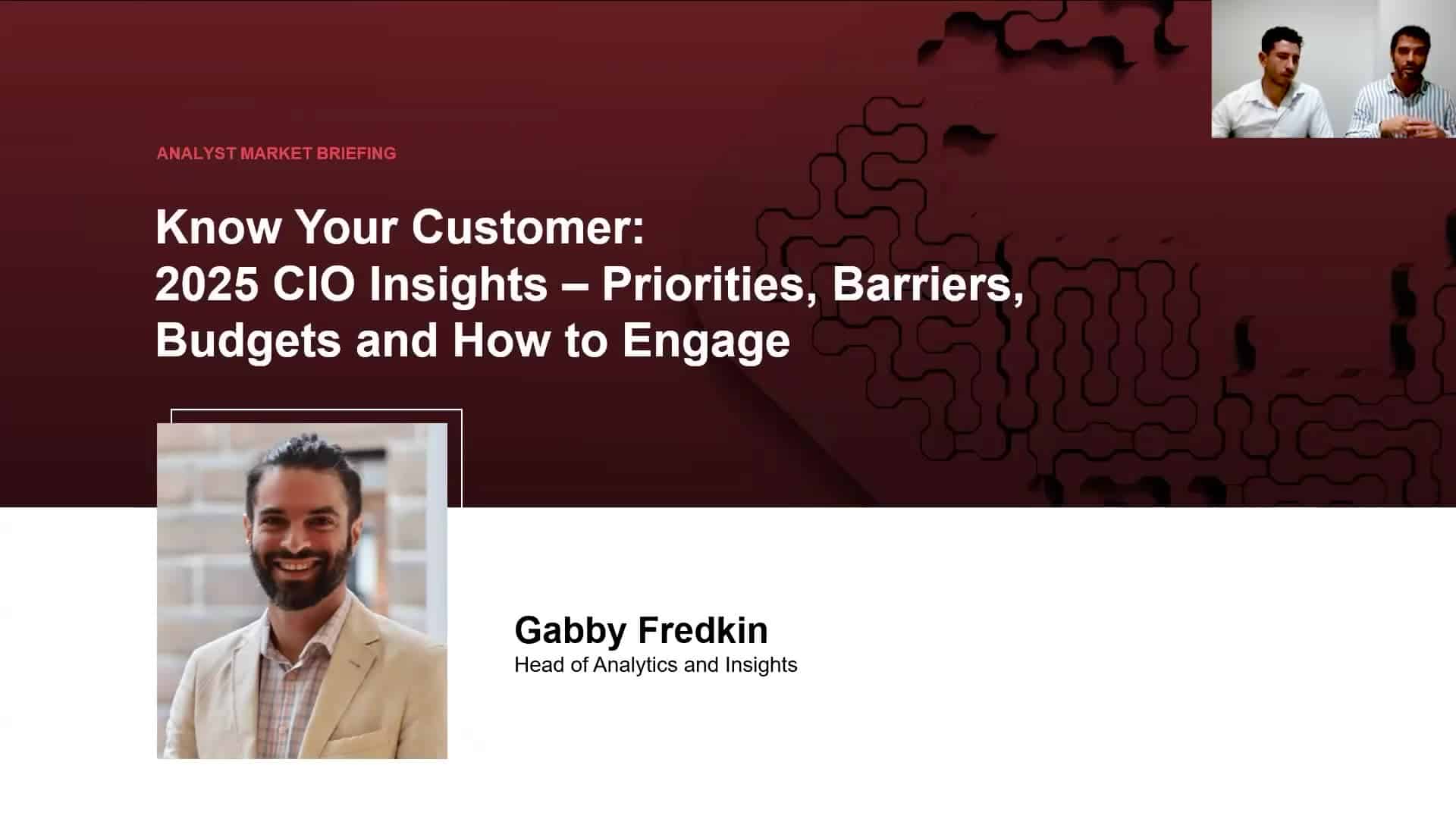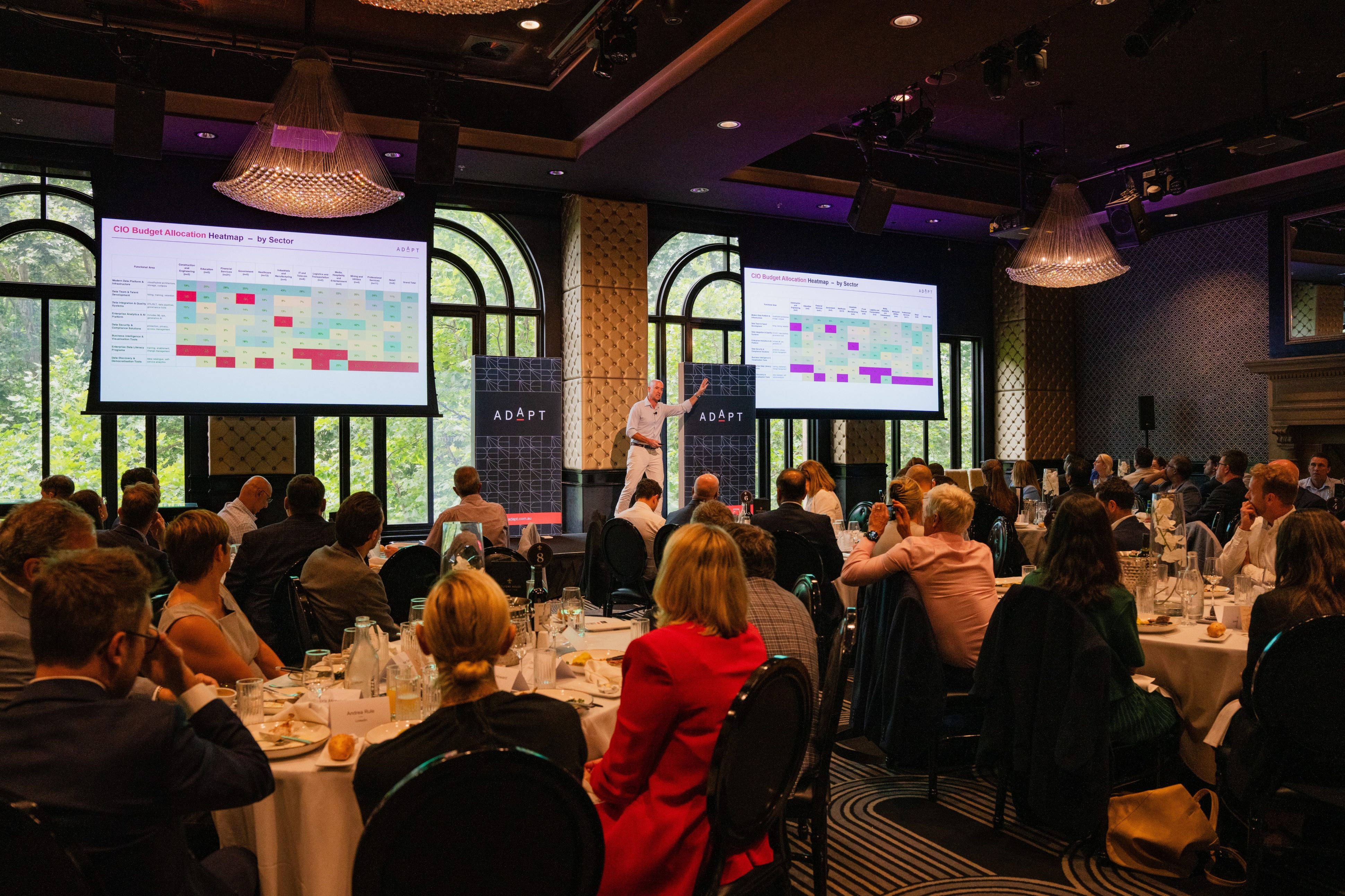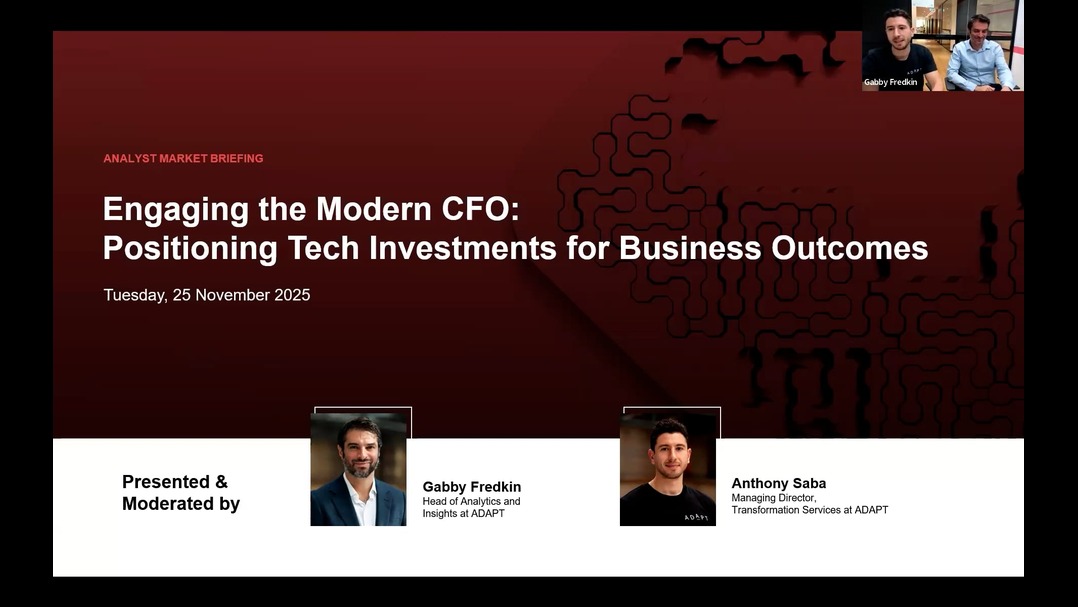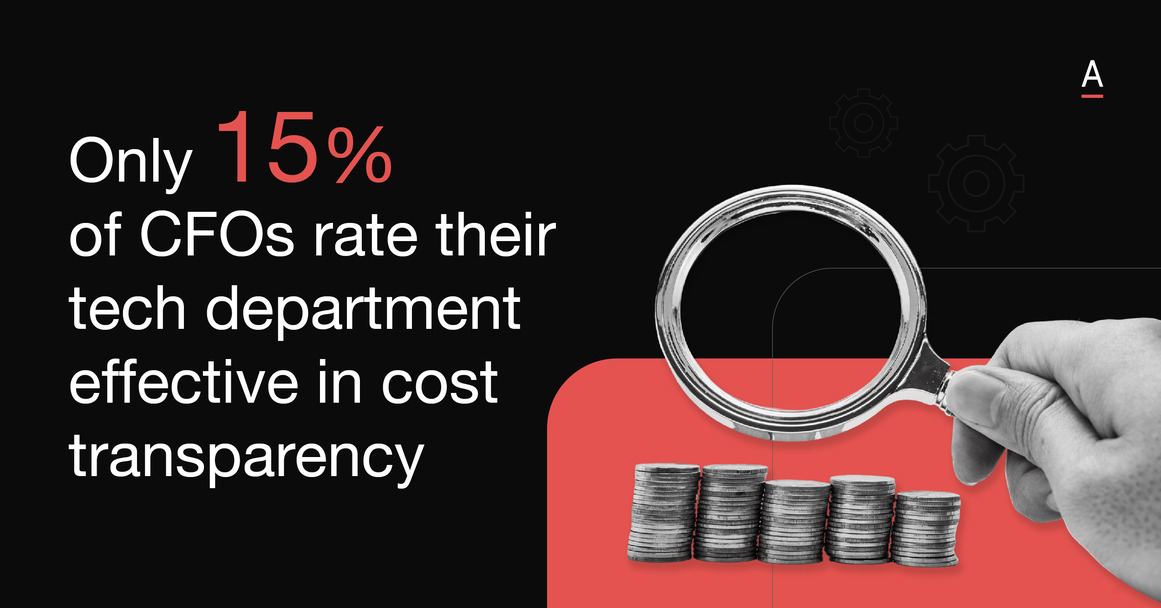CIOs need vendors to help justify tech investments as CFOs remain sceptical
ADAPT’s latest webinar “Know Your Customer: 2025 CIO Insights – Priorities, Barriers, Budgets and How to Engage” gathered insights from over 200 CIOs, responsible for driving the technology strategies behind more than a quarter of Australia’s GDP.ADAPT’s latest webinar “Know Your Customer: 2025 CIO Insights – Priorities, Barriers, Budgets and How to Engage” gathered insights from over 200 CIOs, responsible for driving the technology strategies behind more than a quarter of Australia’s GDP.
CIOs face increasing boardroom pressure to simplify tech stacks, enable AI adoption, and ensure cyber security resilience.
However, budget constraints, competing priorities, and skill shortages continue to slow execution.
This briefing, based on fresh insights from 213 surveyed CIOs, highlights the priorities, challenges, and expectations for technology vendors in 2025.
The above video is only an excerpt.
ADAPT’s Research and Advisory Advantage clients can watch our full webinar.
Register to access the full webinar recording: Know Your Customer: 2025 CIO Insights – Priorities, Barriers, Budgets and How to Engage.
CIOs are prioritising tech modernisation and AI readiness
For 2025, modernising and simplifying technology remains the top goal for CIOs.
Aged infrastructure, clunky ERP systems, and fragmented applications are slowing operational efficiency.

One CIO from a federal government agency reported running an ERP system that is over 30 years old, making transformation a high-risk, high-cost challenge.
As a result, CIOs are investing in:
- Back-office transformation: Modernising core infrastructure and ERP systems to improve efficiency and reduce operational friction.
- Cyber security at every layer: With security breaches now impacting executive accountability, organisations are prioritising secure-by-design principles.
- Automation and foundational AI: CIOs are actively optimising workflows and enhancing decision-making through automation and AI-driven process improvements.
Despite these ambitions, many CIOs report barriers to execution that are keeping transformation plans in limbo such as lack of funding and competing business priorities.
CIOs are being pushed to adopt AI, but infrastructure gaps remain
70% of CIOs plan to invest in generative AI in 2025, largely due to boardroom pressure rather than organisational readiness.
However, the reality is stark: only 38% say their infrastructure is AI-ready.
They are also hampered by funding constraints, data security, governance, and data legacy.

This gap is leading to disjointed AI adoption across industries:
- 91% of CIOs in media, hospitality, and entertainment are already integrating AI into customer service and automation.
- Education institutions are using AI for administrative efficiency and student learning support but remain cautious due to regulatory concerns.
- Mid-sized businesses are waiting for AI to be embedded into vendor software, rather than building bespoke AI solutions.
The challenge is both technical and organisational.
CFOs are questioning AI’s value, with 40% of technology investments reported as wasted due to poor adoption and unclear ROI tracking.
Resource constraints and business misalignment slow transformation
Despite ambitious plans, CIOs struggle with competing business priorities, talent shortages, and inefficient adoption of new technology:
Many CIOs lack skilled teams to support AI and cyber security initiatives, increasing reliance on external consultants.
Building a business case for technology investments remains a challenge, with 53% of CIOs saying they are effective at gaining visibility into IT spend, but only 39% confident in their ability to develop a strong business use case.

Vendor outreach is failing to resonate, with 46% of CIOs stating that vendor messaging is too generic and lacks local case studies or industry-specific insights.

One CIO in healthcare shared an example of an electronic medical records rollout that faced resistance from surgeons.
The project had to be paused and rolled back due to lack of stakeholder involvement, demonstrating how business buy-in is critical for success.
Recommended actions for tech vendors
CIOs in 2025 are under more pressure than ever, balancing modernisation, AI adoption, security, and budget constraints.
To engage them effectively, technology vendors must move beyond generic sales messaging and provide clear, business-relevant value.
Demonstrate how AI solutions align with real infrastructure capabilities
With only 38% of CIOs AI-ready, vendors must bridge the gap by showing how AI can be practically implemented within existing technology stacks, rather than focusing solely on AI’s potential.
Provide local case studies and industry-specific success stories
46% of CIOs say vendor outreach is too generic.
Vendors who showcase Australian-based implementations and measurable outcomes will be far more compelling than those relying on global case studies with little local relevance.
Help CIOs communicate technology ROI to executive stakeholders
CIOs struggle to build business cases, and CFOs are sceptical of IT investments.
Vendors who assist CIOs in quantifying business outcomes—such as cost savings, risk reduction, and productivity gains—will gain traction.
Offer modular, incremental transformation solutions
CIOs are moving away from large-scale rip-and-replace projects, instead adopting bite-sized transformation approaches.
Vendors should position solutions that deliver immediate value while aligning with long-term transformation roadmaps.
Support CIOs in workforce enablement and AI adoption
Many CIOs report a lack of AI training and adoption support.
Vendors that help upskill teams, integrate AI seamlessly, and remove complexity from adoption will gain a competitive edge.
The bottom line is CIOs need business-aligned technology solutions
The role of the CIO is evolving. In 2025, CIOs are expected to modernise legacy infrastructure, implement AI, and enhance cyber security—all while operating with tight budgets and resource constraints.
To be effective, CIOs need technology partners who understand their unique challenges and can offer pragmatic, business-aligned solutions.
Vendors who provide clear, local success stories, flexible adoption models, and tangible business value will stand out in an increasingly competitive and AI-driven landscape.
The above video is only an excerpt.
ADAPT’s Research and Advisory Advantage clients can watch our full webinar.
Register to access the full webinar recording: Know Your Customer: 2025 CIO Insights – Priorities, Barriers, Budgets and How to Engage.



























